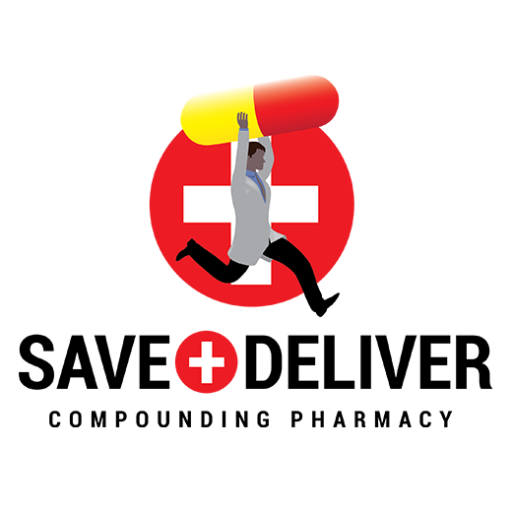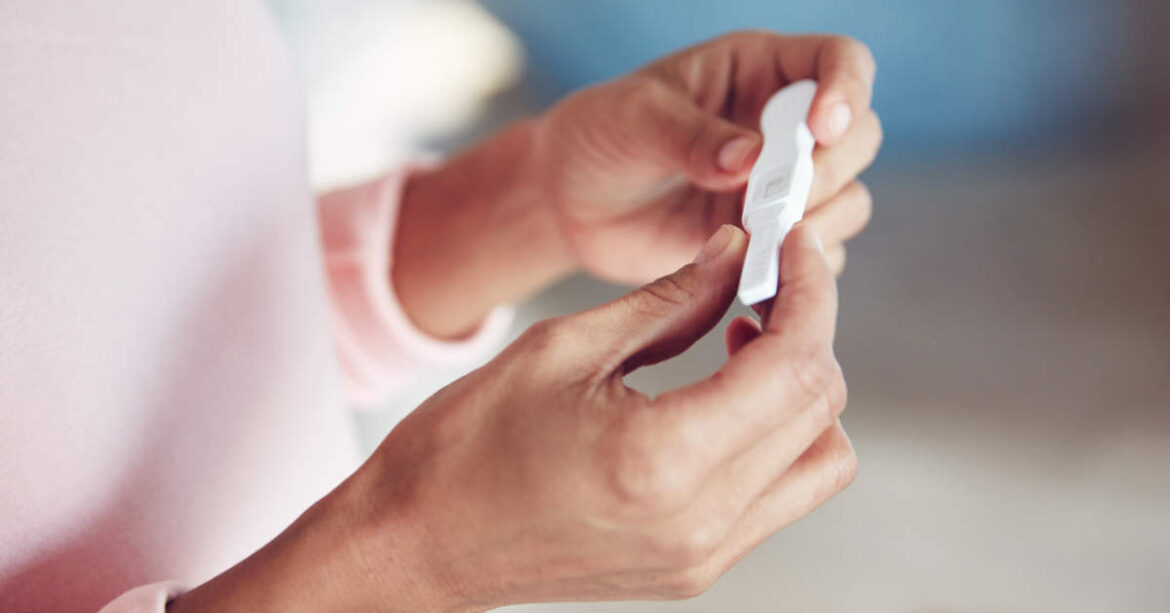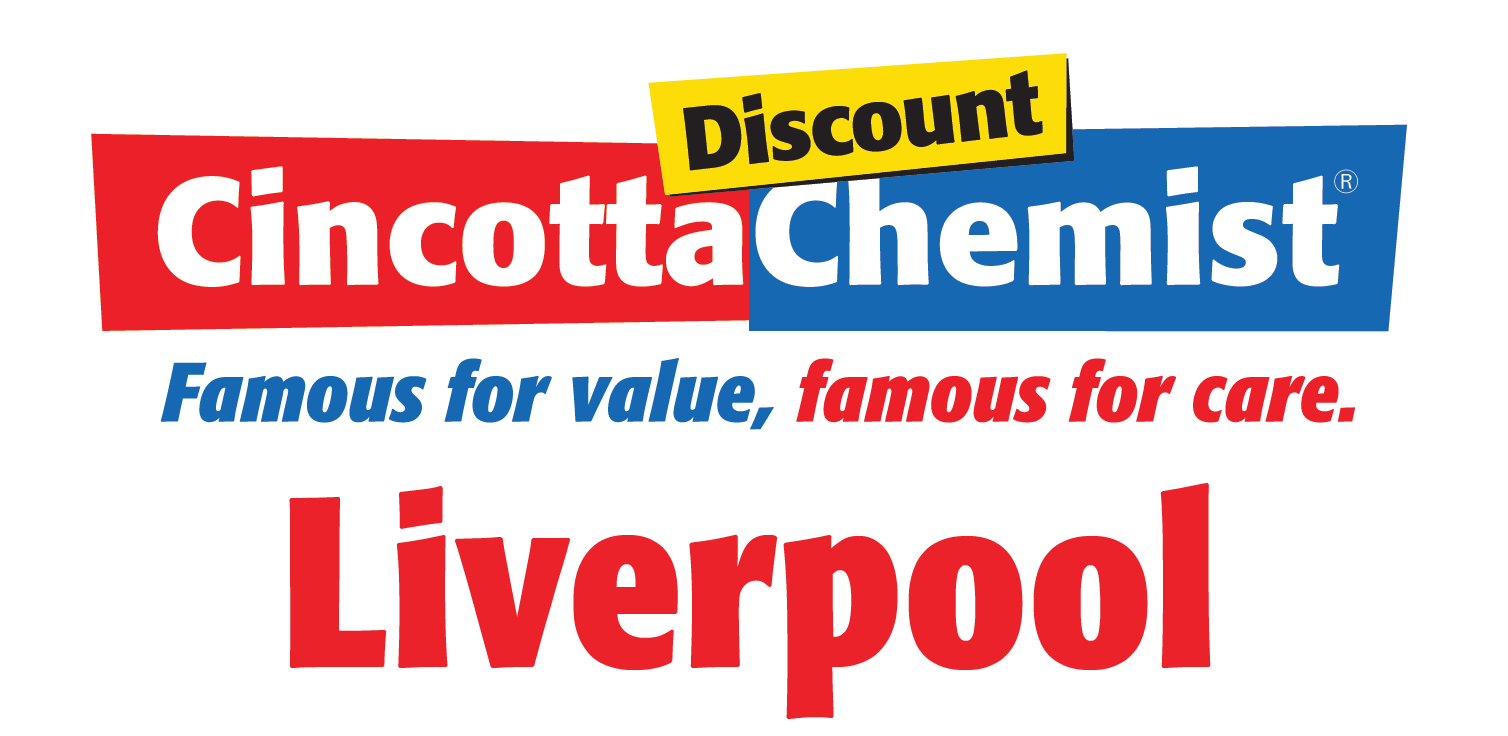IVF Pregnancy: Precautions and Care
With the advancement of technology, IVF is a common name when discussing the inability to procreate, whether because of female infertility or male infertility. It is no longer the restrained procedure as it was back in the day. People are more advanced when it comes to their pregnancy and well-being. Before going for IVF, make sure you know about the IVF pregnancy precautions. Educating yourself beforehand will help you avoid the complications that might arise later.
In vitro fertilisation is a procedure that assists you with reproduction. Unlike other methods of fertilisation, IVF combines eggs and sperm in a laboratory. Once the embryo forms, they are put in the uterus. IVF is a complex procedure and makes it essential that you know about IVF pregnancy precautions.
A few common questions you must ask your doctor before choosing In Vitro fertilisation:
- Ask about the pregnancy rate for couples based on the age group.
- How will the pregnancy rate affect the fertility problem?
- What are the basic measures for IVF pregnancy care?
- What is the live birth rate for couples who go through IVF treatment at your facility?
- Are there chances of twins or births? If so, what are the chances?
- What will the total expense of the procedure be?
- How much will the hormone treatment cost?
- What are the precautions after IVF pregnancy?
IVF Pregnancy Care| Basic Precautions For IVF Pregnancy
-
Have a balanced diet
In most In vitro fertilisation pregnancies, the initial months are accompanied by nausea. Nausea makes it challenging to eat and digest. Make sure you eat all you can. You can try to eat frequent meals in small portions. As you pass the first trimester, switch over to a balanced diet.
For a balanced diet, eat a variety of fruits and vegetables. Include foods that are rich in calcium, protein, B vitamins, and iron. You can also add a prenatal vitamin to your diet as a method for IVF pregnancy care.
-
Include folic acid supplements in your diet
Folic acid supplements serve several upsides when undergoing IVF pregnancy. Vitamin B in folic acid helps to prevent neural tube defects. Maternal supplementation when combined with folic acid lowers the risk of congenital heart defects in babies. Including folic acid reduces the chances of cleft lip or palate.
Although prenatal vitamins contain all the folic acid you need. If you’ve had a prior pregnancy with a neural tube defect, it is advised to take a higher dose. Consult with your doctor about the IVF pregnancy precautions.
-
Watch out for these signs
IVF or in vitro fertilisation is a synthetically conceived pregnancy. In IVF, it is common to see implantation and grafting bleeding about 6-8 weeks. If the bleeding comes with cramps, contact your doctor immediately. Another sign to contact your doctor is if you experience pain or a burning sensation while urinating. It can be suggestive of an infection that must be checked.
-
Take medications on time
IVF pregnancy care is very important in the first trimester of pregnancy. This phase requires proper medication and progesterone support. This can also lead to dizziness and vomiting. For the pregnancy to be effective and healthy, follow the prescription on time.
Contact your surgeon if you encounter odd symptoms. And also avoid any harmful medication and food interactions.
-
Exercise is good
One of the most important precautions for IVF pregnancy is to exercise daily. Mild exercises like walking or yoga help reduce despair and angst. Exercise also helps in calming the mood which is good for a pregnant person. Not exercising can give birth to depression, anxiety, and a sour mood. Exercising also helps you keep in check the weight that women tend to put on during pregnancy.
-
Stay away from stress
Stress is one of the major concerns in pregnant women. Try to avoid stress by thinking happy thoughts. Remember, this is a time to be happy and relax. Do things that bring peace to your mind and soul. Perform breathing exercises and yoga to focus on the positive things around you. Not taking stress is one of the many precautions after IVF pregnancy is completed.
-
Pay attention to endocrine-disrupting chemicals
Endocrine-disrupting chemicals or EDCs are chemicals that interfere with the hormones in the body. Try to avoid products that contain chemicals like bisphenol A (BPA), phthalates, parabens, and triclosan. These EDCs can reach the placenta and become concentrated in your baby’s bloodstream. It can also hinder the development and growth of the baby. In the later stages, EDCs can lead to developmental issues in the baby.
One of the best IVF pregnancy precautions is to buy products that tell you it’s BPA-free. Choose wisely and buy products that are free from EDCs.
Things You Shouldn’t Do
A few things to avoid during IVF pregnancy are:
-
Avoid having sex
Give your body some rest after your embryo transfer. Having sexual intercourse can cause uterine contractions. These contractions can dislocate the embryo that was transported into your body. It can block the embryo from planting in your uterus. In severe cases, it can also lead to a miscarriage.
-
Take a pregnancy test right away
Try to survive the urge to take a pregnancy test immediately after the IVF procedure. It can take weeks from transfer day until the placenta cells start producing HCG.
-
Foods and drinks to avoid
One of the major precautions for IVF pregnancy is a proper diet. Avoid canned and stale food. Reduce your caffeine intake. Avoid or completely halt smoking and alcohol consumption. These substances are harmful to the baby and cause developmental delays. In some cases, it can even cause miscarriage.
The sudden gain in weight or severe pain in your belly can cause complications. Call your doctor immediately and ask for advice.
The bottom line is to go by the do’s and don’ts to get a healthy and safe pregnancy. Find some mild activities to distract you. Keep your mood light and stay happy. Before you know it, you’ll be in your trustworthy fertility clinic with a positive result of your IVF pregnancy test.



